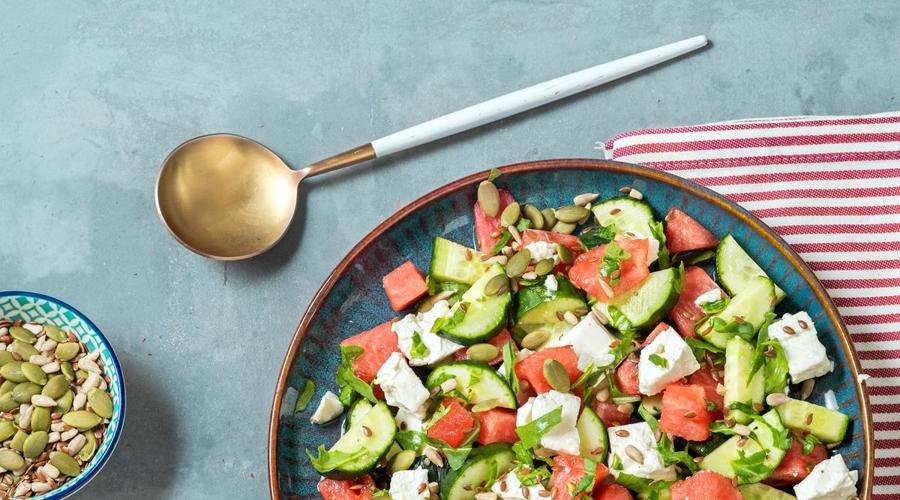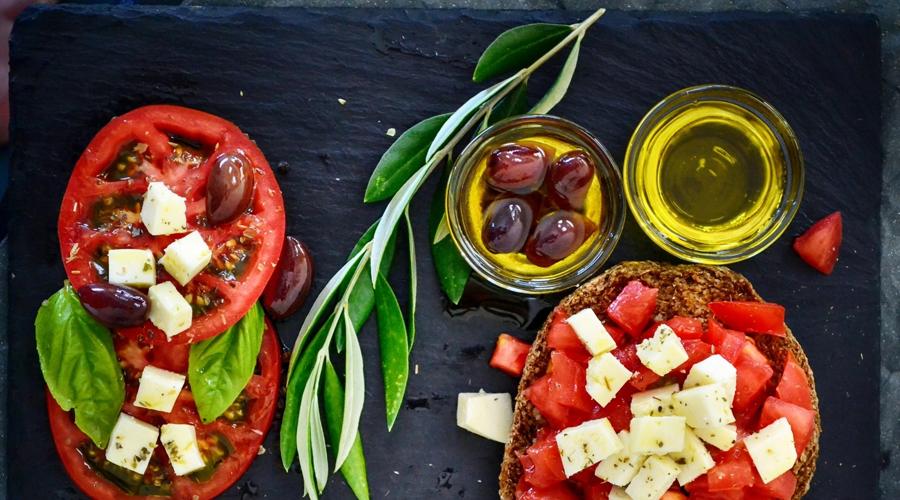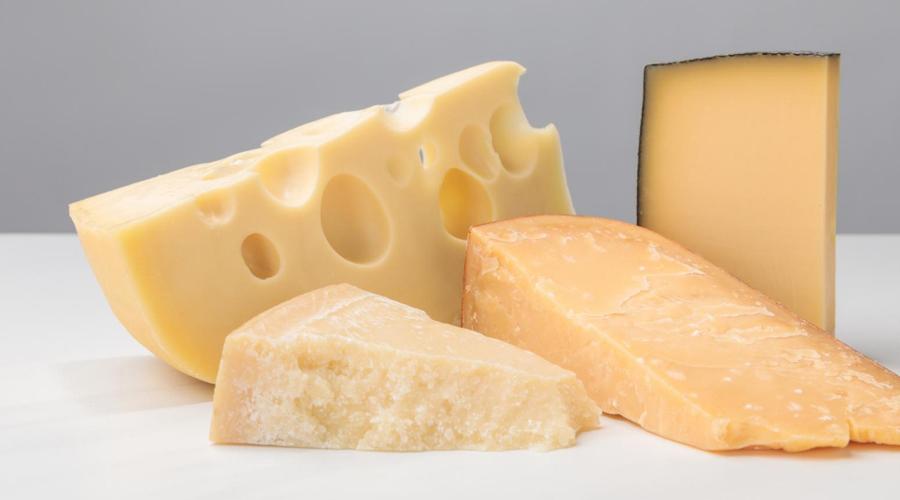If you’re a cheese lover following the Mediterranean diet, you may be wondering which types of cheese are acceptable to consume. The Mediterranean diet is known for its emphasis on healthy fats and lean proteins, making it a popular choice for those seeking a healthy lifestyle. Cheese is a staple ingredient in many diets, but it can be high in saturated fats and calories. In this blog post, we’ll explore which cheeses are compatible with the Mediterranean diet, and provide tips on how to incorporate them into your meals. So, whether you’re a feta fanatic or a brie enthusiast, keep reading to learn more about the cheese options available on the Mediterranean diet.

Types of Cheese Acceptable on the Mediterranean Diet
- Feta Cheese: Feta is a brined cheese that is commonly used in Mediterranean cuisine. It is lower in fat and calories compared to many other types of cheese, and is a good source of protein, calcium, and vitamin B12.
- Mozzarella Cheese: Mozzarella is a soft, mild cheese that is often used in salads and on pizza. It is lower in fat and calories than many other types of cheese and is a good source of protein and calcium.
- Goat Cheese: Goat cheese is a tangy, crumbly cheese that is high in protein and lower in fat and calories than many other types of cheese. It is a good source of calcium and vitamin D.
- Halloumi Cheese: Halloumi is a salty, semi-hard cheese that is often grilled or fried. It is higher in fat and calories than some other types of cheese, but is a good source of protein and calcium.
- Ricotta Cheese: Ricotta is a soft, creamy cheese that is commonly used in Italian cuisine. It is lower in fat and calories than many other types of cheese, and is a good source of protein and calcium.

Nutritional benefits of each type of cheese
Feta Cheese
Feta cheese is low in fat and calories but high in protein, calcium, and vitamin B12. It also contains beneficial probiotics that can aid in digestion.
Mozzarella Cheese
Mozzarella cheese is a good source of protein and calcium. It also contains vitamin B12, which is essential for maintaining healthy nerve cells and red blood cells.
Goat Cheese
Goat cheese is lower in fat and calories than many other types of cheese but still provides a good amount of protein and calcium. It also contains vitamin D, which is important for strong bones and overall health.
Halloumi Cheese
Halloumi cheese is high in protein and calcium, which are both essential nutrients for bone health. It also contains vitamin B12, which is important for maintaining healthy nerve cells and red blood cells.
Ricotta Cheese
Ricotta cheese is low in fat and calories but high in protein and calcium. It is also a good source of vitamin A, which is important for maintaining healthy vision and immune function.

Tips for Incorporating Cheese into the Mediterranean Diet
- Use cheese as a topping: Sprinkle a small amount of feta or goat cheese on top of a salad or roasted vegetables for added flavor and nutrition.
- Mix cheese into dishes: Add small amounts of mozzarella or ricotta cheese to dishes like lasagna or stuffed peppers for added protein and creaminess.
- Pair cheese with fruits and nuts: Pairing cheese with fruits like grapes or figs and nuts like almonds or walnuts is a classic Mediterranean snack that provides a balanced mix of nutrients.
- Choose lower-fat cheeses: When possible, opt for lower-fat versions of cheese like reduced-fat feta or part-skim mozzarella to keep calories and saturated fat in check.
- Enjoy cheese in moderation: While cheese can be a healthy addition to the Mediterranean diet, it should still be consumed in moderation as part of a balanced diet. Stick to recommended serving sizes and balance cheese intake with other protein sources like fish, legumes, and nuts.

In conclusion, cheese can be a delicious and nutritious addition to the Mediterranean diet, as long as it’s consumed in moderation and with an eye towards nutrition. Cheeses like feta, mozzarella, goat cheese, halloumi, and ricotta are all generally acceptable on the Mediterranean diet, and each offers its own unique set of nutritional benefits.
By choosing lower-fat versions of cheese, using it as a topping or mix-in, and balancing cheese intake with other sources of protein, it’s easy to enjoy cheese as part of a healthy and balanced Mediterranean-style diet. So go ahead and indulge in your favorite Mediterranean diet cheese, knowing that you’re making a tasty and healthy choice!

